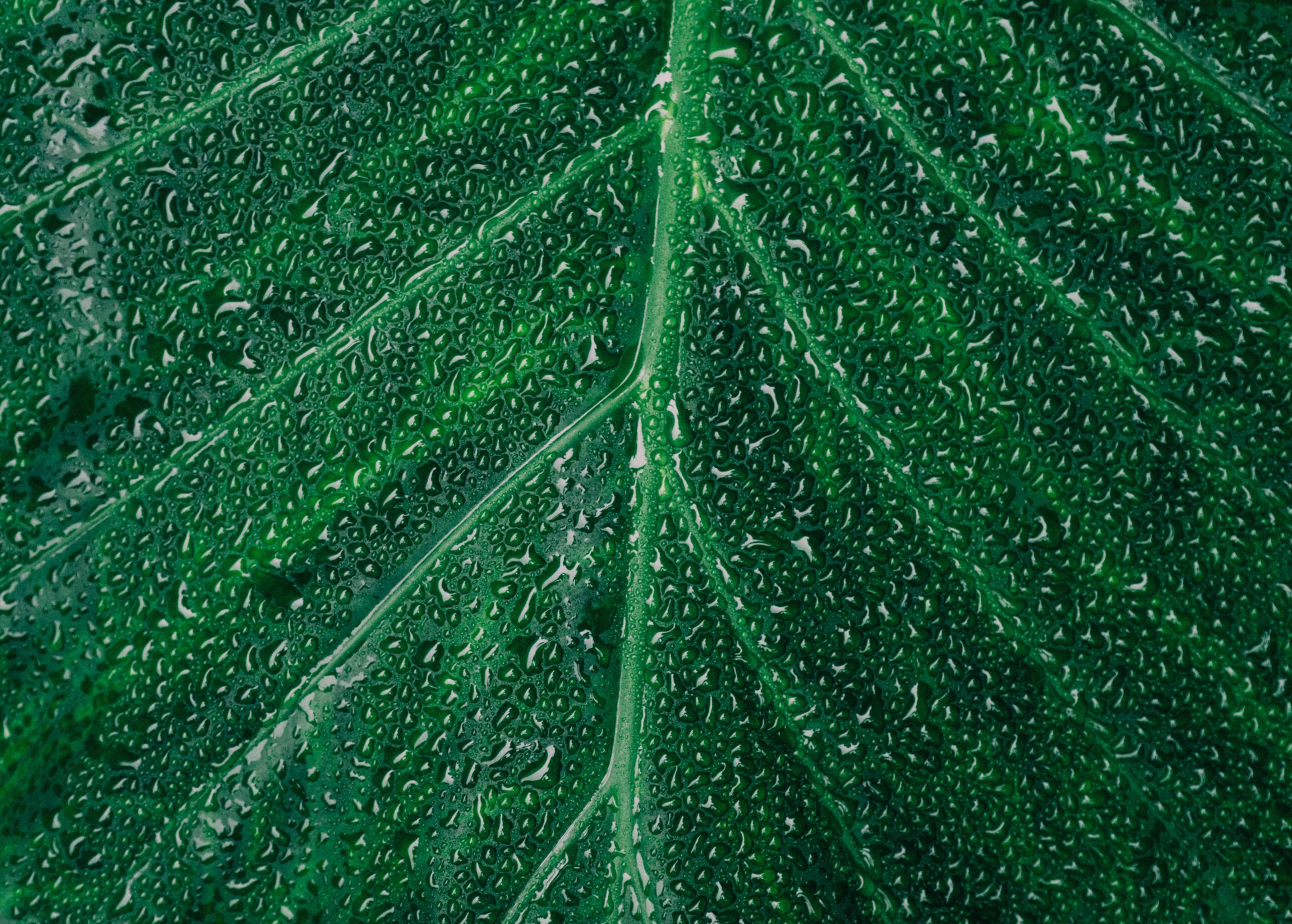If you’re a foodie, you’re probably always looking for ways to take your culinary creations to the next level. One way to do that is by using unusual edibles in your dishes. And the best part? You can grow many of these edibles right in your own garden!
Here are some of the most interesting and delicious edibles you can grow in your garden:
- Nasturtiums
Nasturtiums are not only beautiful, with their vibrant orange and yellow blooms, but they’re also delicious. The flowers have a peppery flavor that’s perfect for salads and sandwiches. The leaves and stems are also edible and can be used to add a spicy kick to dishes.
- Radish pods
You’ve probably eaten radishes before, but have you ever tried the pods? Radish pods are the seed pods that grow after the radish has flowered. They have a crisp, slightly spicy flavor that’s perfect for snacking on their own or adding to salads.
- Lovage
Lovage is a perennial herb that has a flavor similar to celery. It’s perfect for soups and stews, or you can use the leaves as a garnish for cocktails. Lovage can grow up to six feet tall, so make sure you give it plenty of space in your garden.
- Sea kale
Sea kale is a type of perennial vegetable that’s native to the coastal regions of Europe. It has a mild, nutty flavor that’s similar to asparagus. The leaves are edible, but the real prize is the stem, which can be blanched and eaten like asparagus.
- Sorrel
Sorrel is a leafy green that has a tart, lemony flavor. It’s perfect for salads or as a garnish for fish dishes. Sorrel is also great in soups and sauces, where its tangy flavor can cut through richness.
These are just a few examples of the unusual edibles you can grow in your garden. But before you start munching on your garden, make sure you do your research. Some plants are toxic and should not be eaten, and others may cause an allergic reaction. Always consult a trusted source before consuming any new plant.
In conclusion, growing your own food is not only a great way to save money and reduce your carbon footprint, but it’s also a way to explore new and exciting flavors. So why not try growing some of these unusual edibles in your own garden and elevate your cooking game to the next level?




